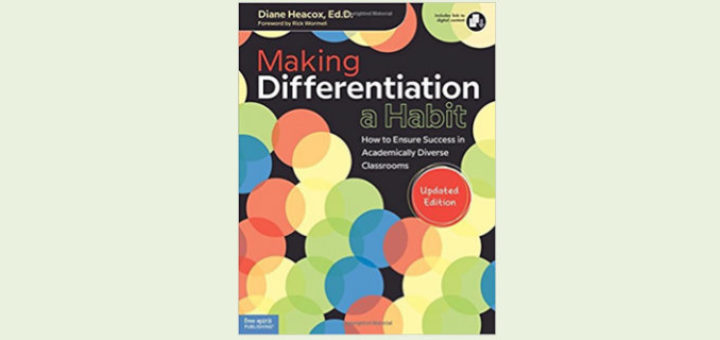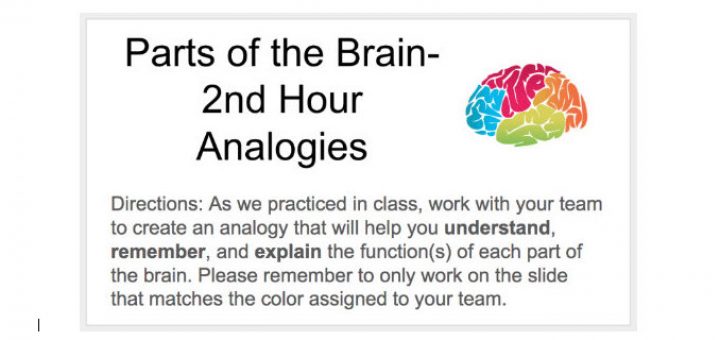How We Can Differentiate Amid Academic Diversity
Diane Heacox presents differentiation tools that can be used immediately, and provides guidance for adapting them for a range of ages and content areas, ELLs, gifted students and kids with IEPs. Jeny Randall agrees with Heacox’s advice, “Start small, but start somewhere.”


















